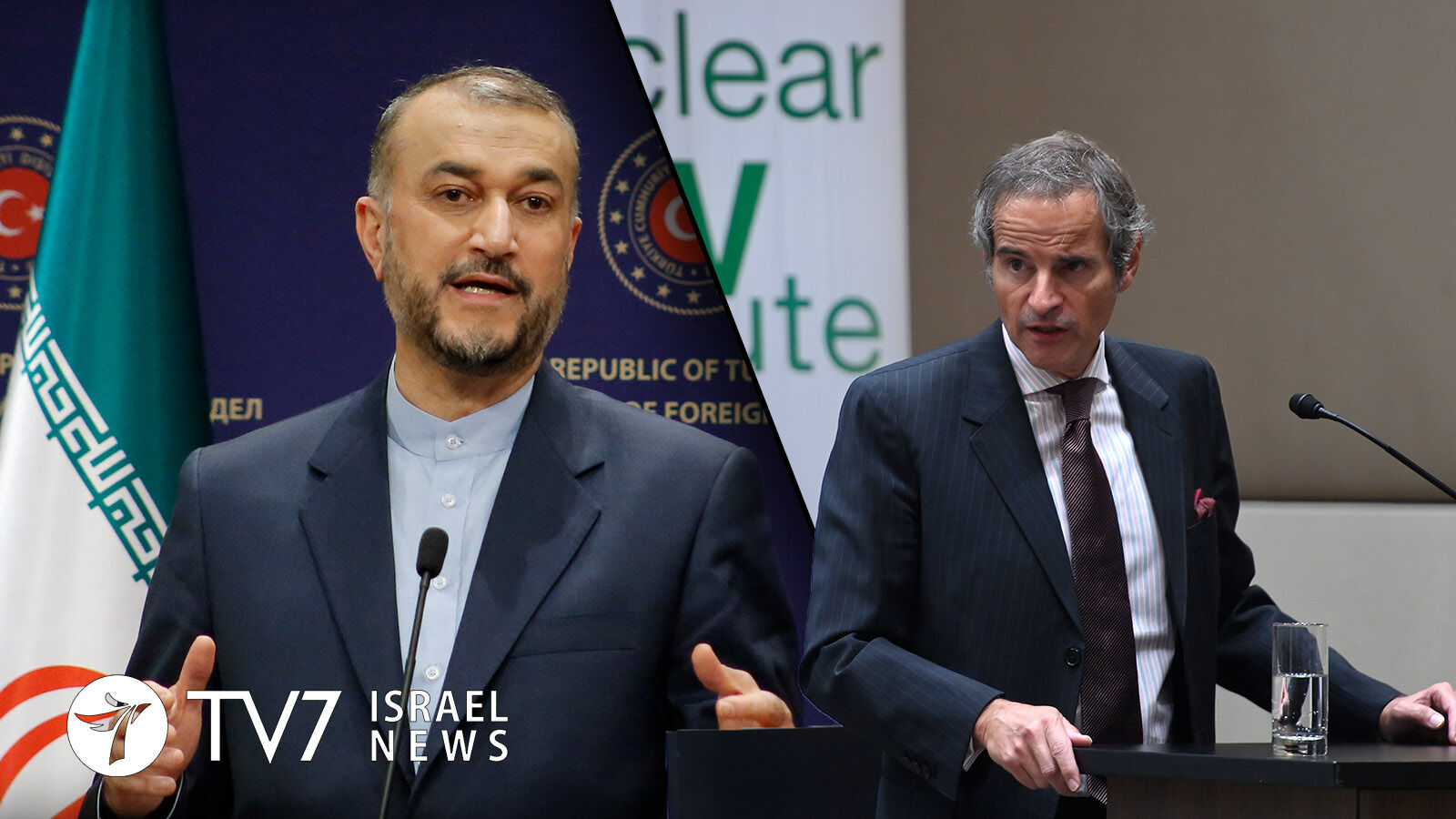The meetings will focus on the Islamic Republic’s disputed nuclear development program.
By Erin Viner
“We will send a delegation from Iran to Vienna in the coming days to start talks with the International Atomic Energy Agency (IAEA) and we hope to resolve remaining issues based on what we have agreed in the past days,” Iran’s Foreign Minister Hossein Amirabdollahian disclosed at news conference.
Amirabdollahian also said he would speak to High Representative of the European Union Josep Borrell about deadlocked efforts to revive the 2015 Joint Comprehensive Plan of Action nuclear deal between his country with world powers.
Indirect talks in Vienna between Tehran and Washington on restarting the nuclear deal have reached an impasse.
The European Union (EU) submitted a “final” draft text of a proposed deal on 8 August after 16 months of tortuous negotiations to salvage the pact. Iran responded by announcing refusal to drop its precondition that the International Atomic Energy Agency (IAEA) cease all investigation into nuclear material uncovered at undeclared locations in the Islamic Republic. Borrell, who is the Vienna Talks official coordinator, said Tehran’s rejection of the “most balanced text” possible dimmed hopes for any imminent revival of the JCPOA.
Israeli Prime Minister Yair Lapid announced that he has been reassured that a deal to restore the pact will not be reached soon, following statements from the US and E3 countries of France, Britain and Germany questioning Iran’s commitment to the process.
Israel views lifting of sanctions on the Islamic Republic an existential threat, and has long opposed the recent negotiations to salvage the pact.
Former US President Donald Trump withdrew from the deal in 2018, citing evidence of covert Iranian nuclear and ballistic missile development, in addition to malign regional behavior and support of proxy warfare. The Ayatollah regime responded by openly violating critical nuclear limits, including to uranium enrichment to 60%. The administration of US President Joe Biden has been engaged in indirect talks with Tehran since April 2020 to bring both sides back into compliance with the deal.
Israel has long opposed the JCPOA as too weak to prevent Iran from acquiring nuclear weapons, while also failing to impede missile program and terrorist activities by its terror proxies in the region.
The JCPOA had enabled the flow of billions of dollars into Iran’s economy in exchange for agreement to curb advanced centrifuge production until 2023 and nuclear development until 2030.
